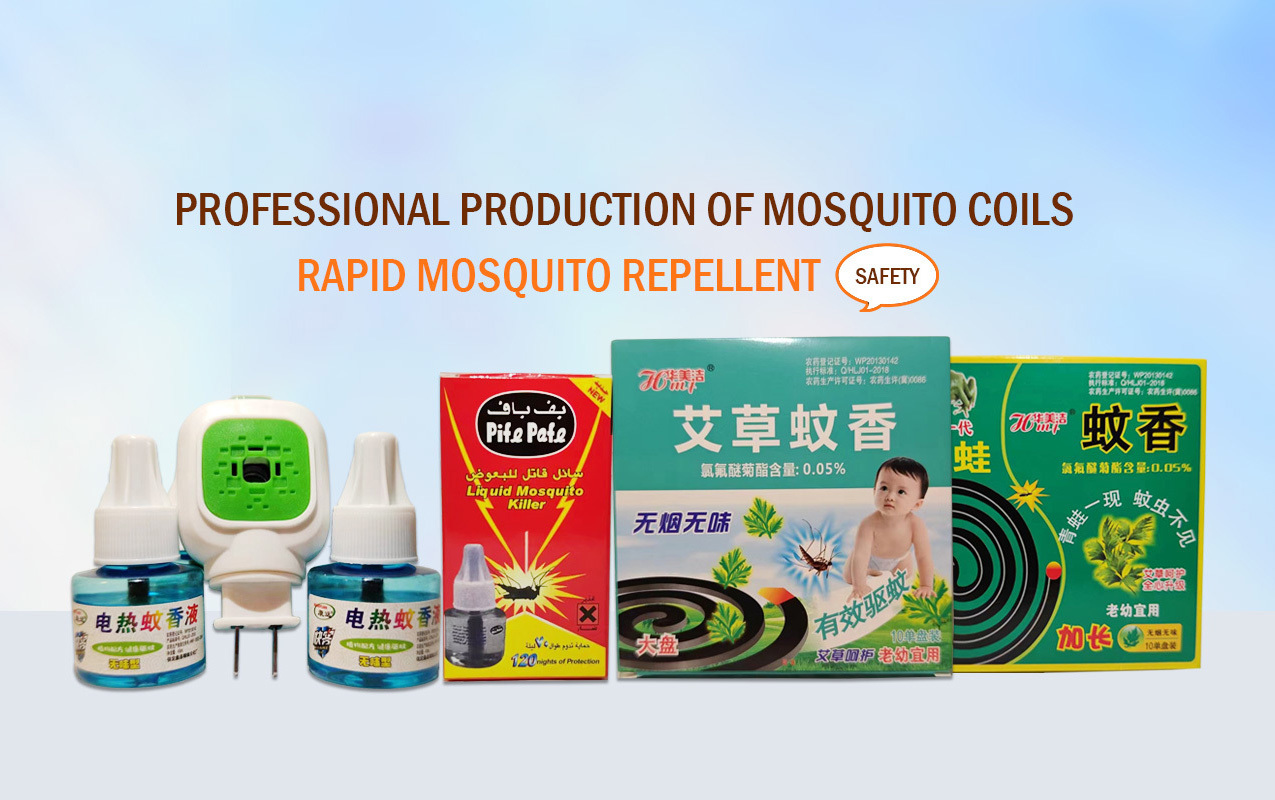Exploring the Benefits and Applications of Organic Insecticides in Sustainable Agriculture
2025-02-28

Organic insecticides are becoming increasingly vital in sustainable agriculture, offering a natural and environmentally friendly alternative to synthetic chemicals. These products, derived from natural sources, are designed to target specific pests while minimizing harm to beneficial insects, humans, and the ecosystem. Understanding the benefits and applications of organic insecticides can empower farmers to adopt safer pest management practices and promote environmental health.
One of the primary advantages of organic insecticides is their ability to reduce chemical residues on crops. By using natural ingredients, farmers can produce food that is safer for consumption, addressing growing consumer demand for organic produce. Furthermore, organic insecticides often break down more quickly in the environment compared to their synthetic counterparts, reducing the risk of long-term soil and water contamination.
Another significant benefit of organic insecticides is their lower toxicity to non-target organisms. Many synthetic pesticides can harm beneficial insects, such as pollinators and predatory insects that help control pest populations. In contrast, organic alternatives typically target specific pests, allowing beneficial species to thrive and maintain ecological balance. This selective targeting not only enhances pest control but also supports biodiversity within agricultural ecosystems.
The application of organic insecticides can vary depending on the specific product and pest being targeted. Common organic insecticides include neem oil, diatomaceous earth, and insecticidal soaps, each with its unique mode of action. For instance, neem oil disrupts the hormonal systems of insects, preventing them from feeding and reproducing, while diatomaceous earth works by physically damaging the exoskeletons of pests, leading to dehydration and death. Insecticidal soaps, on the other hand, work by suffocating soft-bodied insects, making them effective against aphids and spider mites.
Integrating organic insecticides into pest management strategies can be particularly beneficial in organic farming systems, where synthetic chemicals are prohibited. However, even conventional farmers can adopt these products as part of an integrated pest management (IPM) approach. IPM combines various control methods, including cultural, biological, and chemical strategies, to manage pest populations sustainably and effectively.
In conclusion, organic insecticides play a critical role in promoting sustainable agricultural practices. By reducing chemical residues, minimizing harm to beneficial insects, and offering targeted pest control solutions, these products contribute to healthier ecosystems and safer food production. As the agriculture sector increasingly embraces sustainability, the use of organic insecticides is likely to grow, paving the way for a more responsible approach to pest management.
One of the primary advantages of organic insecticides is their ability to reduce chemical residues on crops. By using natural ingredients, farmers can produce food that is safer for consumption, addressing growing consumer demand for organic produce. Furthermore, organic insecticides often break down more quickly in the environment compared to their synthetic counterparts, reducing the risk of long-term soil and water contamination.
Another significant benefit of organic insecticides is their lower toxicity to non-target organisms. Many synthetic pesticides can harm beneficial insects, such as pollinators and predatory insects that help control pest populations. In contrast, organic alternatives typically target specific pests, allowing beneficial species to thrive and maintain ecological balance. This selective targeting not only enhances pest control but also supports biodiversity within agricultural ecosystems.
The application of organic insecticides can vary depending on the specific product and pest being targeted. Common organic insecticides include neem oil, diatomaceous earth, and insecticidal soaps, each with its unique mode of action. For instance, neem oil disrupts the hormonal systems of insects, preventing them from feeding and reproducing, while diatomaceous earth works by physically damaging the exoskeletons of pests, leading to dehydration and death. Insecticidal soaps, on the other hand, work by suffocating soft-bodied insects, making them effective against aphids and spider mites.
Integrating organic insecticides into pest management strategies can be particularly beneficial in organic farming systems, where synthetic chemicals are prohibited. However, even conventional farmers can adopt these products as part of an integrated pest management (IPM) approach. IPM combines various control methods, including cultural, biological, and chemical strategies, to manage pest populations sustainably and effectively.
In conclusion, organic insecticides play a critical role in promoting sustainable agricultural practices. By reducing chemical residues, minimizing harm to beneficial insects, and offering targeted pest control solutions, these products contribute to healthier ecosystems and safer food production. As the agriculture sector increasingly embraces sustainability, the use of organic insecticides is likely to grow, paving the way for a more responsible approach to pest management.
Recommend News
Contact Us
Leave Us A Message


